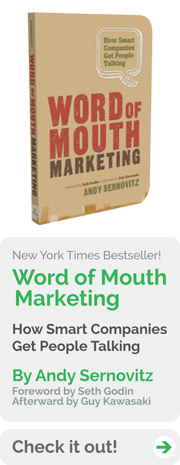This is a guest post by Greg Link based on the big ideas from the new book he’s co-authored with Stephen M. R. Covey, Smart Trust: Creating Prosperity, Energy, and Joy in a Low-Trust World.
A Paul Zak study showed that sending intentional signals of trust created reciprocity that resulted in a nearly threefold increase in economic returns. This reciprocal process becomes a virtuous upward cycle, all triggered by that first extension (sometimes leap) of trust.
Trust is the result of following through — every time
The reason doing what you say you’re going to do makes such a huge difference in your success or your organization’s success is that keeping promises is the ultimate reputation creator. It defines your personal brand. It defines your company’s brand. And brand has never been more important than it is in today’s reputation economy, where doing what we say we’re going to do — or not — can make or break it.
“A brand for a company is like a reputation for a person. You earn reputation by trying to do hard things well.” — Jeff Bezos, Founder and CEO, Amazon.com
Participants in a recent Edelman Trust Barometer survey were asked, “When you think of good and responsible companies, how important is each of the following factors to the overall reputation of the company?” Ninety-one percent gave high marks to the response, “A company I trust.”
So what creates a brand that inspires trust? Brand experts point to two key elements, which are represented in the twin behaviors of “say” and “do”: the brand promise (or the declaration of intent that inspires hope) and the delivery on that promise (the fulfillment of the declaration that inspires trust).
FedEx: A brand built on a promise worth talking about
When Fred Smith founded the company in 1971, it was simply a shipping company. Overnight delivery did not exist on a national scale in the United States. Smith found a way to deliver point-to-point, anywhere in the U.S. — absolutely, positively overnight, giving birth to its tagline promise: “When it absolutely, positively has to get there overnight!”
According to Smith: “We thought we were selling the transportation of goods; in fact, we were selling peace of mind. When we finally figured that out, we pursued our goal with a vengeance.”
FedEx backed up the promise of its tagline with its actions. It did what it said it would. It consistently produced results. It built a reputation for reliability that has repeatedly won it recognition as one of the most trusted companies in the world. And people told their friends. Today, FedEx ranks in the top ten of Fortune’s World’s Most Admired Companies.
If you study the lists of the companies on Harris Interactive’s Reputation Quotient and Fortune’s World’s Most Admired Companies, you’ll see numerous companies that have built strong reputations through having a clear brand promise and consistently delivering on it. These include companies such as Google (which “provides access to the world’s information in one click,” it doesn’t even need to advertise), Amazon.com (which has gone from “World’s Biggest Bookstore” to world’s biggest retailer by focusing on becoming the most customer-centric company on the planet).
“In virtually every industry, the trusted brand is the most profitable.” — Seth Godin, Author and Marketing Guru
A 2009 study by Concerto Marketing Group found that 83% of people who trust a brand will recommend it to others
The most trusted brands (think Mercedes, Rolex, Apple, and McKinsey) also command higher prices in the marketplace.
Bottom line, trust has become the new currency of the global economy. It is the basis on which many people do business — or don’t. For instance, the 2009 Edelman Trust Barometer showed that 77% of informed respondents said they refused to buy products or services from a company they distrusted, and 72% criticized a distrusted company to a friend or colleague. When trust is high, the reciprocal is true; 76% said they recommended a trusted brand to a colleague or friend.
In fact, referral business is the ultimate example of brand trust as a currency. It represents a “transference of trust” that goes from a current customer to a new prospect and back to the seller. With today’s social media, both criticisms and recommendations go much farther and faster than ever before.
As Brian Singh, founder of the Canadian social media firm Zinc Research, says, “One day, a company might be better off asking not what its margins are but what its trust factor is.”
What about you? What brands have earned your trust, and how did they do it?
About Greg Link
Greg Link is cofounder of CoveyLink, FranklinCovey’s Global Speed of Trust Practice, and the former Covey Leadership Center. A trusted executive confidant, advisor, and compelling speaker, Link is a recognized authority on trust, leadership, sales, marketing, and high performance. He led the strategy that propelled Covey's father's book, The "7 Habits of Highly Effective People," to be one of the two most influential business books of the 20th century.
- Web |
- More Posts (2)


